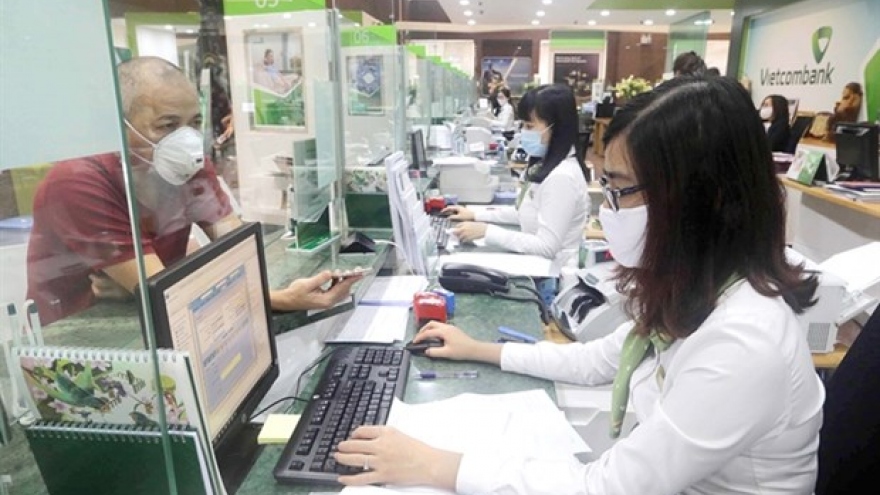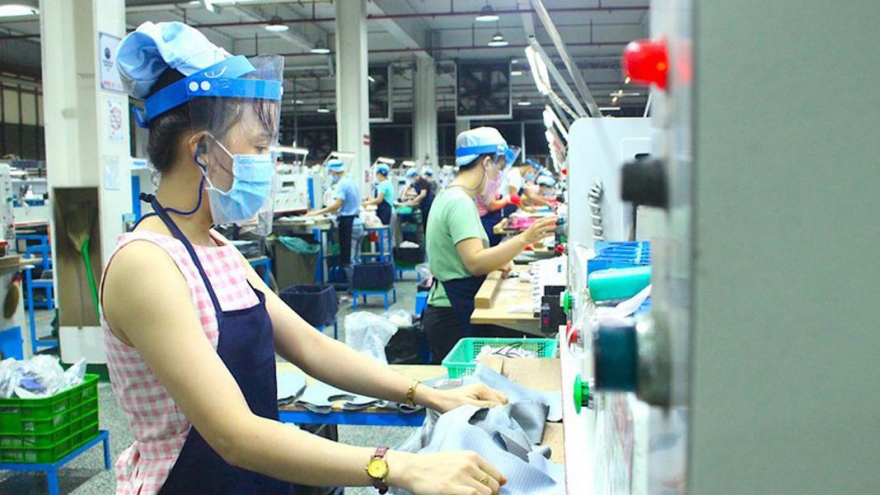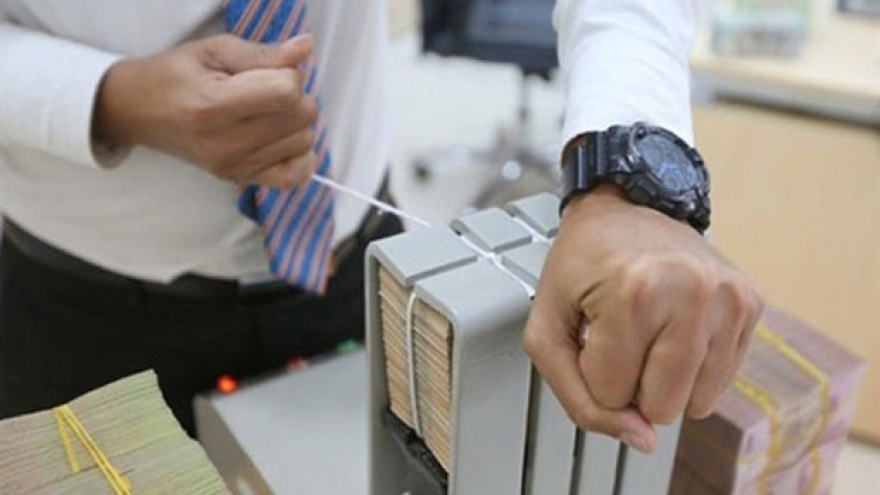Tag: credit growth

Capital demand remains high after Lunar New Year holiday
The State Bank of Vietnam (SBV) has to continually inject money to support the liquidity of the banking system as the capital demand and interest rates on the interbank market have remained high though the Tet (Lunar New Year) holiday ended.

Most credit institutions upbeat about business performance in 2022
A majority of credit institutions are optimistic about their business performance in 2022, according to the latest survey by the State Bank of Vietnam (SBV).

Expanded credit growth quota supports firms in recovery
The State Bank of Vietnam (SBV)’s expansion of credit growth quotas for commercial banks has created favourable conditions for lenders to boost lending as a way of supporting capital sources for individuals and firms to recover after the COVID-19 pandemic.

Banks offer higher deposit rates after credit growth quota expanded
Many banks have increased their interest rates to attract more depositors after getting a credit growth quota expansion from the State Bank of Vietnam (SBV).

StanChart forecasts rate cut if COVID-19 impact lasts beyond Oct
Standard Chartered has forecast a potential interest rate cut if the economic impact of Vietnam’s COVID-19 outbreak lasts beyond October.

Banks’ profits forecast to decline by 19% in Q3
Profits of the banking industry in the third quarter of 2021 would decrease by 19% compared to the previous quarter due to slowing credit growth and increasing provision expenses, Yuanta Securities Vietnam estimated.

Banks continue bond issuance to meet capital adequacy ratio
Banks have been promoting the mobilisation of medium- and long-term capital through bond issuance to meet the State Bank of Vietnam (SBV)’s requirements on capital adequacy ratio (CAR).

Jump in COVID-19 cases to weigh on Vietnam’s economic recovery, says Fitch Ratings
An escalation in COVID-19 cases and deaths in July-August will undermine Vietnam’s previously strong recovery from the pandemic shock and may temporarily set back the positive rating momentum, said Fitch Ratings.

Banks to tighten credit in risky sectors in remaining months of this year
Banks will continue to tighten lending in risky sectors including securities, real estate, financial, and tourism business, seeing higher credit risks in the remaining months of this year, a survey carried out by the Monetary Forecasting and Statistics Department has said.

Flexible monetary policy helps recover credit growth amid pandemic
The State Bank of Vietnam (SBV) has flexibly operated monetary policy tools to maintain liquidity for the banking system, contributing to stabilising and recovering credit growth in the context of unpredictable impacts of the COVID-19 pandemic.
